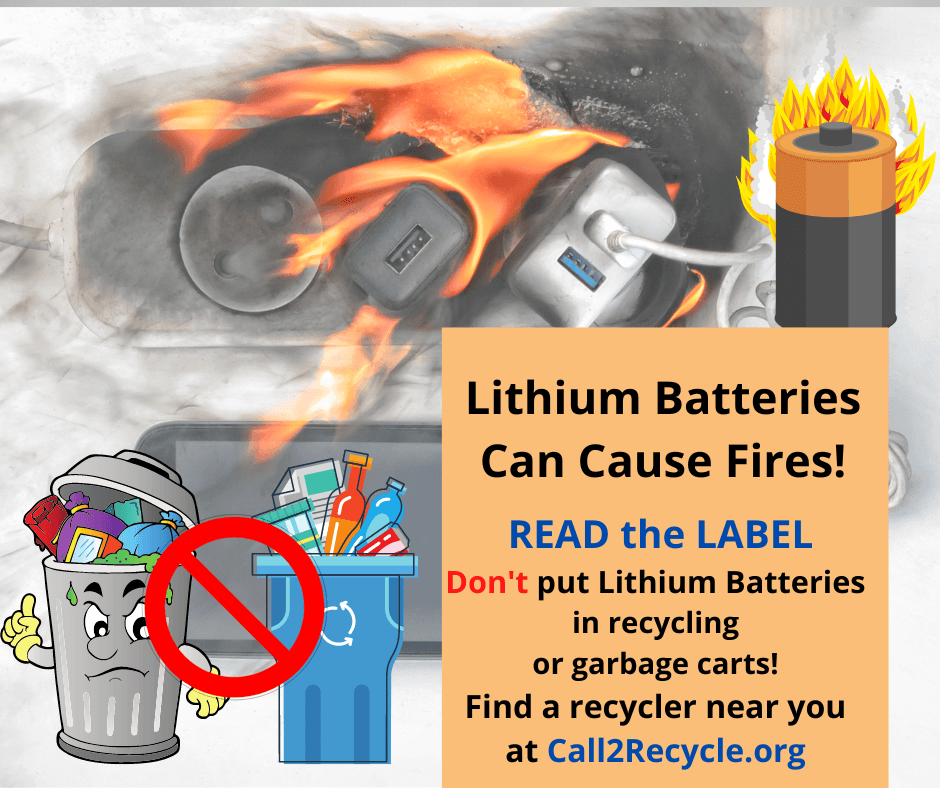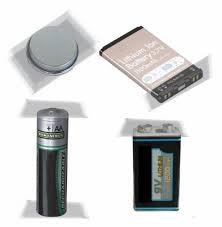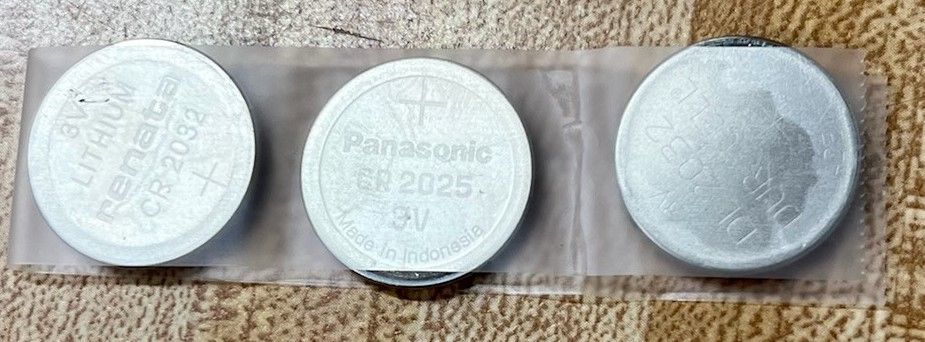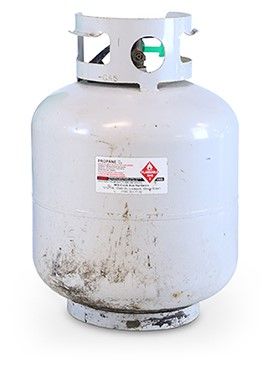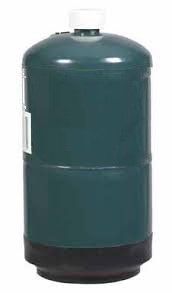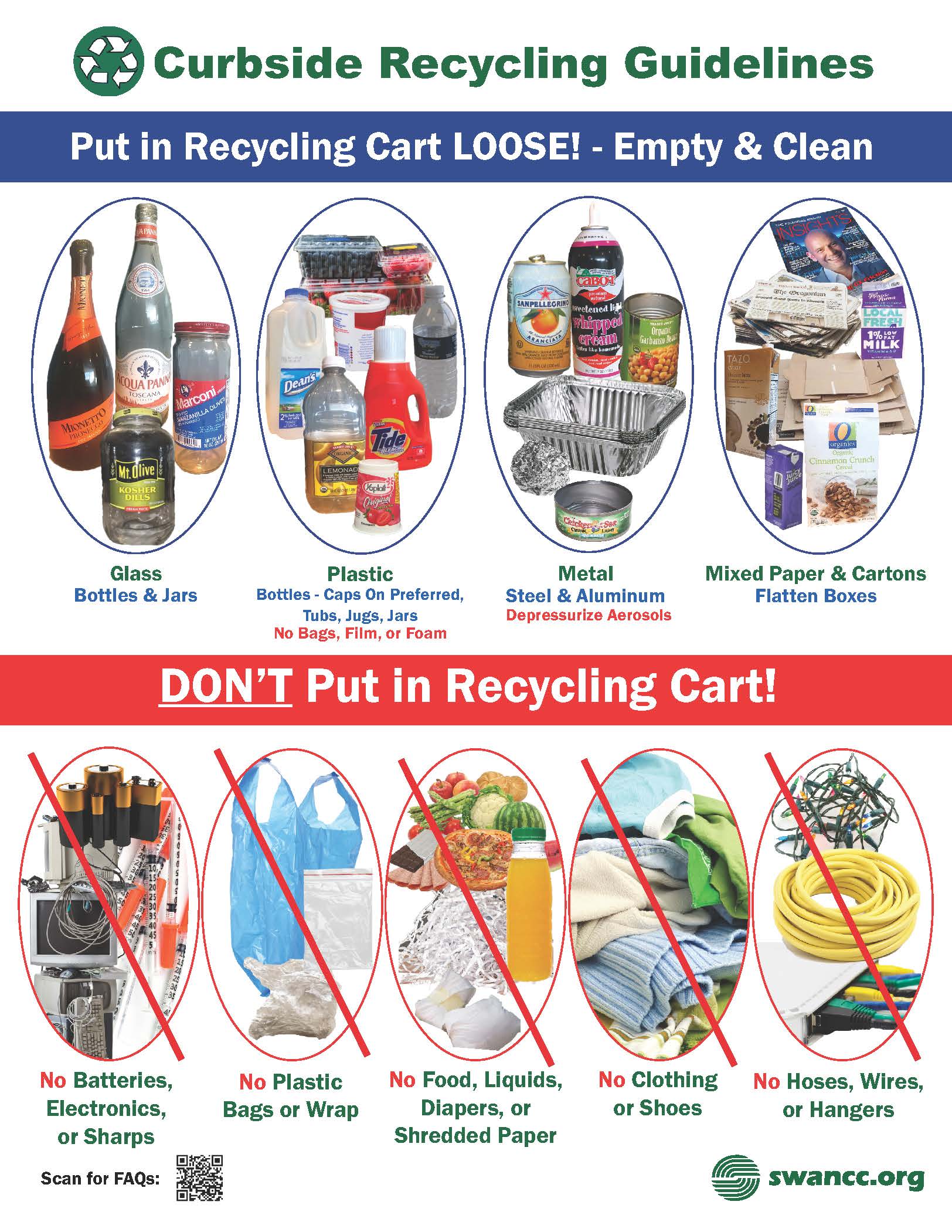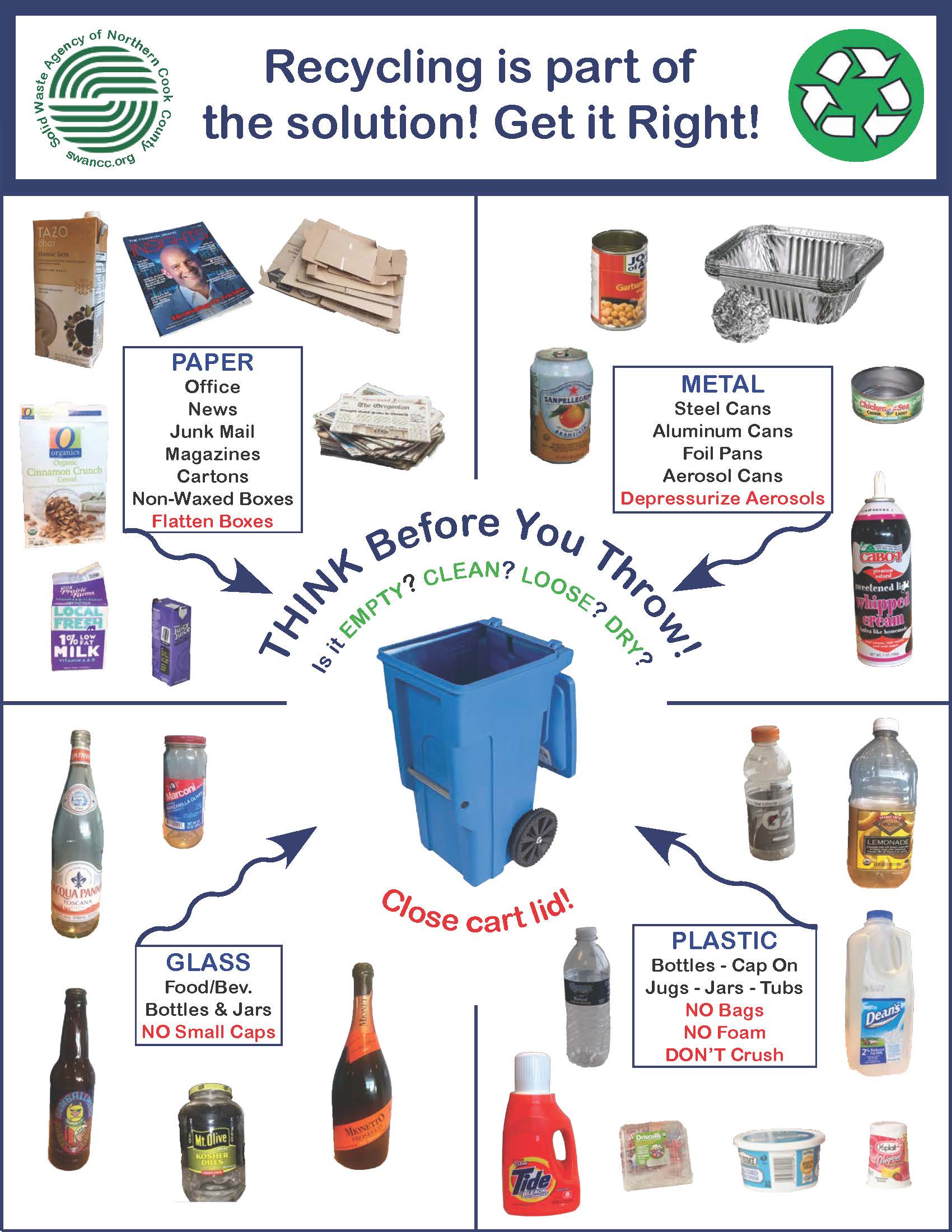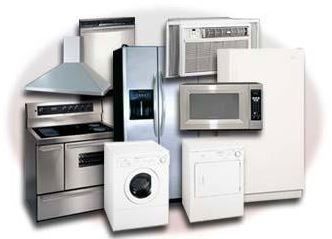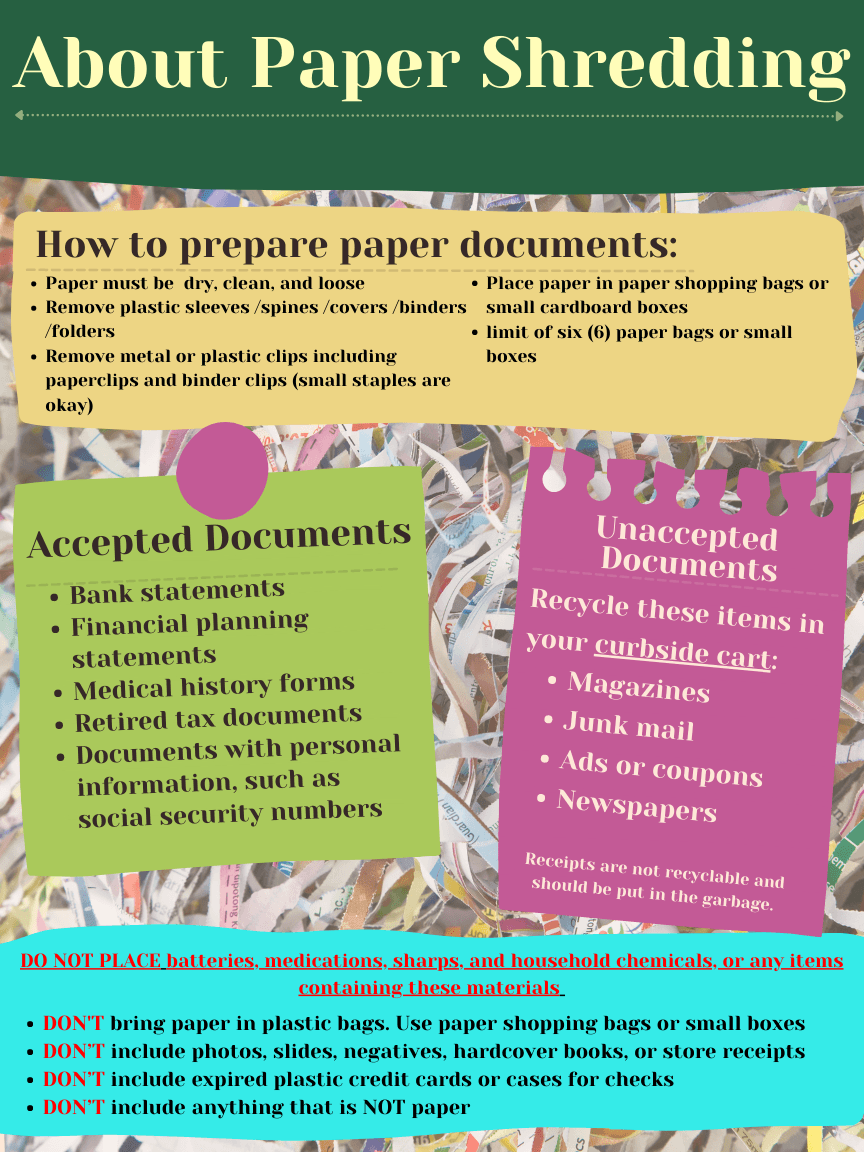If it lights up, moves, or makes noise, it has a BATTERY! Now what?
Have you noticed that many household items light up, move, or make noise? If so, they contain a battery, and those batteries are likely rechargeable.
Batteries are designed to pack a lot of energy into a tiny space. Many batteries are similar to child who eats to much candy and ends up "exploding" with the energy that is trapped within. Similarly, when batteries become overcharged, discharged to quickly, or damaged, they too can explode - literally. A particular culprit in this category of batteries are the lithium chemistries. From the tiniest buttons to the larger blocks, these batteries come in a variety of sizes, shapes, and colors. This can often make them challenging to identify.
Where do we find these batteries? Everywhere! Cell phones, computers, tablets, radios, power tools, smoke detectors, power banks, remote controls, light up shoes, bikes and scooters, gaming systems, musical cards, electric toothbrushes, e-cigarette and vape devices, watches, ear buds, hobby toys (rc cars, drones, planes, etc), and children's toys are just on the list of common locations for lithium chemistry batteries.
These batteries enhance our lives, but with such convenience comes responsibility. Purchase devices that have been tested and listed by a nationally recognized testing laboratory and batteries from a trusted retailer. Keep lithium chemistry batteries out of direct sunlight, away from sources of heat, and always follow manufacturer protocol.
Most often we can use these batteries over and over again without issue. However, if you notice an odd odor, discoloration, or the battery begins to change shape, that could be a sign of danger. Do not spray a lithium battery with water. Instead, bury the battery in a bucket with sand, kitty litter, or potting soil and dispose of it properly.
While recycling plain old alkaline batteries is preferred (through a special collection - not curbside), they are eligible material for the landfill. However, NO OTHER TYPE OF BATTERY CAN GO INTO THE GARBAGE OR RECYCLING BIN! Putting other chemistries of batteries, especially the lithium batteries into either bin is extremely dangerous. They MUST be packaged appropriately and brought to a special collection point.
The good news? All SWANCC communities are eligible to be part of a battery take-back program that includes all chemistries of batteries, including alkaline! This program has no additional cost to residents. Check with your community to see if this program is available to you. If not, encourage them to take part!
If your community does not participate in SWANCC's battery takeback program, you still have other options. Check out:
Call2Recycle
Naperville Household Hazardous Waste Facility
Solid Waste Agency of Lake County
Search SWANCC's Reuse and Recycling Directory for more options!

